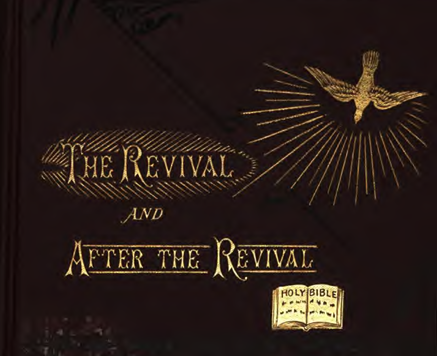The problem before us relates to the care of converts—young and old, new believers and reclaimed backsliders; those who have never had religious education and those who have been brought up in an atmosphere of piety but who have never before committed heart and name to the cause of Christ. Some of these are constitutionally firm, and some are fickle. Some have taken this public step in the religious life from deep, long-settled conviction; others under the pressure of circumstances and the play of transitory emotion; some for their mother’s sake, some for the preacher’s sake, and some for duty’s sake. Some never expected to make a public profession in such a place and way, and some always intended to do it when the time should come, and now the time has come. Fear has impelled some, human love others; the self—a morbid self—has been an important factor in not a few cases, although its influence may have been most effective where least suspected. And why should there not be a great deal of self in the settlement of a question that affects self forever?
Whatever may have been the impelling motive, the converts are before us; the material is ready for the hand of the builder; and the contents, good and bad, of the great net are drawn from the populous sea to the waiting shore. The sown fields are stretching far and wide under the quickening sun. What shall the harvest be?
Everything depends on the life of God in the soul. If he withdraws, every green thing must wither. Can the rush grow without water?
Everything is dependent on human conformity to Divine order because God’s grace, like his sun, is always ready to pour light and life into the soul. But what is the sun to one who houses himself in a dungeon? The boundless sea is but a feeble symbol of the fullness, the freedom, and the far-away reach of his love. But what is the sea to an unlaunched ship?
What, then, is the Divine order concerning souls that begin to live the Divine life? How shall we promote the growth of souls in the life of God? Answers multiply far beyond the limits of our space. We could show from what we know of the soul how intellectual, moral, and spiritual energies are to be conserved and increased. We could quote text after text from the Holy Scriptures until the quotations would grow into chapters and volumes. We could draw upon the experiences of the children of God through all the ages, from the days of St. John to these blessed days, that now prove to men the perpetuated power of the Gospel. Let us formulate these suggestions into a few simple rules.
By J. H. VINCENT
Updated 2023 Nathan Zipfel
